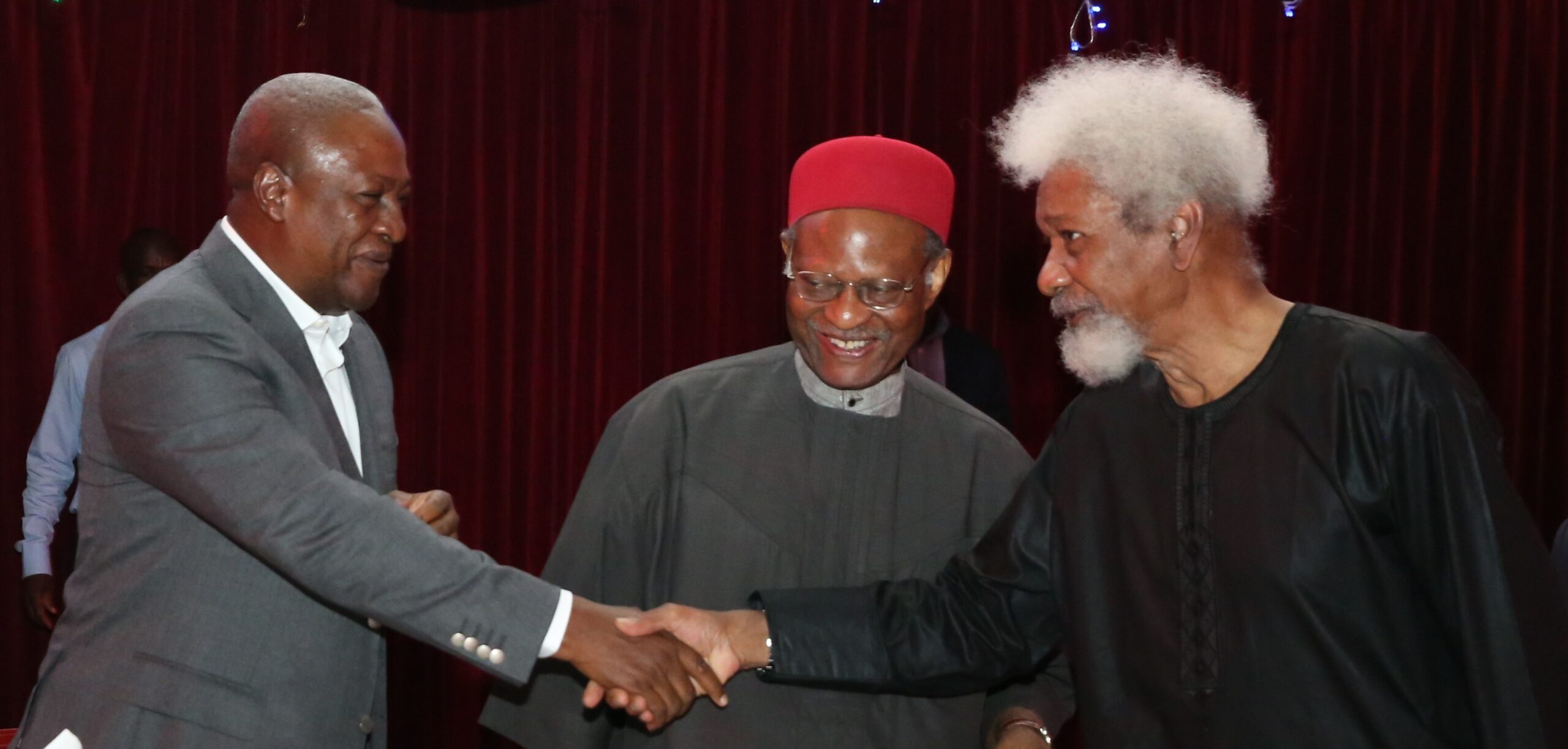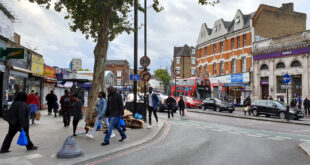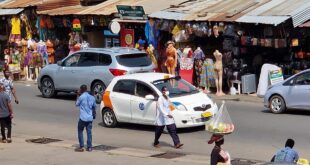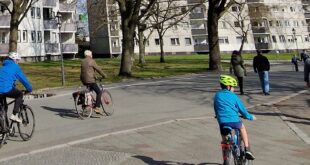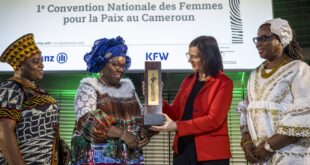Every year, hundreds of migrants disappear on migration journeys across the world, the Central Mediterranean being the deadliest route with most recorded deaths. Where can relatives of missing loved ones turn for help? A special report by Ana P. Santos
—-
Every year, thousands of people attempt to escape persecution, conflict or destitution from Africa and the Middle East and cross the Mediterranean Sea as an entry point to Europe. According to the United National High Commissioner for Refugees (UNHCR), most sea crossings take place in packed, inflatable boats that are not seaworthy. Many boats capsize or deflate and those aboard drown or disappear at sea.
The International Organization for Migration (IOM) Missing Migrants Project, the only database that collects data on migrant deaths worldwide, records people who die in the process of migration towards an international destination regardless of their legal status. IOM data has identified the Central Mediterranean route to Europe as the deadliest route where at least 20,218 people have died since 2014.
In 2022 alone, the IOM recorded nearly 2,000 migrants killed and missing in the Mediterranean Sea. In the majority of the cases, the people are not identified, and bodies are never found, plummeting families in a state of ambiguous loss where the unending search for answers delays the grieving process.
According to the IOM, for some families in the Maghreb countries holding funerals for missing relatives who are presumed dead is done to achieve some sort of closure to the agony.
For every missing migrant, there is a family member and a community of loved ones looking for answers to the same question: Are they alive or dead?
Finding Answers and The Right to Know
The Global Compact for Safe, Orderly and Regular Migration mentions this “right to know” in Article (8), committing States to “identify those who have died or gone missing, and to facilitate communication with affected families.”
“This means that States must take all appropriate measures to account for persons reported missing and to provide any information they have on their fate to their families,” explained Merna Abdelazim, Data Analyst for the IOM Missing Migrants Project.
This includes searching for, collecting, and repatriating the dead, gathering information prior to the burial of remains, and ensuring the possibility of identification of human remains — regardless of their nationality and migratory status.
Unfortunately, many family members who lost their loved ones during migration are afraid to go to the authorities because of their own migratory status in the country of incident, or the irregular migration path used by their loved ones.
“Unauthorized movement or stay is considered as an administrative misdemeanor in most countries and should not be an obstacle to the family’s access to the human right of “the right to know” – including access to needed assistance,” stressed Abdelazim.
Most families of missing migrants do not know how or where to begin their search for answers, especially when their loved ones disappear in foreign countries where they are unable to navigate the layers of international laws, multiple languages, and bureaucratic processes.
If you are looking for a missing loved one, there are resources that can help you organize and plan your search and organizations that can provide emotional support and solidarity.
How do you begin to search?
Boats4People (B4P) Information Guide for Families and Supporters (Italy)
Gathering available information about your loved one and their trip is the first step. The Boats4People international coalition put together a guide for families searching for loved ones who may have perished or have disappeared crossing the Mediterranean Sea to Italy.
The guide, which is available in Italian, French, English, Arabic, and Tigrigna, lists information about your missing relative, necessary documents, and details about their trip that you will need to report the disappearance of a loved ones to the Italian authorities.
The B4P Information Guide is available in PDF and as an online interactive guide.
https://boats4people.org/wp-content/uploads/2017/05/B4P.Guide_.Families_EN-V2.pdf
IOM Report on Experiences of Families of Missing Migrants
Seventy-six (76) families of missing migrants across Ethiopia, United Kingdom, Spain and Zimbabwe shared their experiences of grief in the report, “The Families of Missing Migrants: Their Search for Answers and the Impacts of Loss”.
https://publications.iom.int/books/families-missing-migrants-their-search-answers-and-impacts-loss
Chapter 2 of the report details how families tapped various sources such as family networks and the diaspora community, smugglers and facilitators of the migrant journey, social media, state, and state-affiliated agencies as well as humanitarian agencies to gather information. Families often used a combination of these sources to plot out a search plan. Their experiences can serve as reference for planning your own search.
Who can help?
Family organizations and their supporters
Research by the IOM Missing Migrants Project has found that families stonewalled by unresponsive State institutions get meaningful support in their search from informal networks which include other migrants, activists, and grassroots and community-based associations.
“Sometimes they would come together and form an association or collective of families of the missing where they are able to pool their emotional and material resources together,” said IOM’s Abdelazim.
Family associations organize trips to the countries of incident, collectively fund lawyers or investigators or simply combine the information they have gathered from various sources.
“Most importantly, family associations help find comfort in one another. Only a mother who lost her child can feel and relate to another mother who lost her child in similar ambiguous circumstances. Family associations should be supported rather than criminalized and obstructed from grieving,” said Abdelazim.
The IOM has documented the crucial role that family associations play in providing a source of emotional, financial, and moral support as well as a sense of solidarity. The IOM calls on States to draw on the experience and organized activities of family associations to establish case management protocols and accessible pathways for families to report missing relatives.
The Annaba Collective of Harraga Families
In the Algerian dialect, harraga is the word used to describe someone who “burns down the borders” or someone who emigrates without papers.
The Annaba Collective of Harraga Families was created by a group of parents after their children disappeared at sea between 2007 and 2008. The Collective has worked on reconstructing a list of the passengers aboard a few boats. Missing at the Borders has collected some of the photos of the missing migrants from the Collective and posted it on their website.
Lawyer Kouceila Zerguine has worked with the Collective to file complaints and appeal to the United Nation Working Group on Enforced or Involuntary Disappearances, which now includes migration within its mandate.
Kamel Belabed, Spokesperson: + 213 558 805 673, + 213 661 570 220, photocompos@gmail.com
Kouceila Zerguine, Lawyer: + 213 790 204 412, + 213 385 857 78, zerguine-kouceila@hotmail.fr
Association Marocaine des Droits Humains (AMDH) – Section Nador
Moroccan Association for Human Rights
AMDH Nador runs the Facebook page Migrants Dead or Missing in Morocco, where they post information about people who have died or gone missing and help families share information about their missing relative on social media.
If you know someone who has gone missing on their migration journey near Nador or during the crossing from Nador to Spain, you can get in touch with AMDH Nador
Facebook: https://www.facebook.com/AmdhNador/
Association La Terre Pour Tous
La Terre pour Tous was formed by families of migrants from Tunisia who went missing during their journey across the Mediterranean to Europe. La Terre pour Tous may be able to help navigate the search process by providing guidance and helpful resources.
La Terre pour Tous
Email: association_laterrepourtout@yahoo.com
Facebook: https://www.facebook.com/laterrepourtous/
International Center for the Identification of Disappeared Migrants (CIPIMD)
The International Center for the Identification of Disappeared Migrants (CIPIMD), based in Malaga, Spain, acts on requests of families to search, find and or identify their relatives.
Through a network of collaborators in Spain, Morocco, France, the United Kingdom, Belgium and Switzerland, CIPIMD is working to facilitate the identification of the deceased or missing and establish a database at the regional and national level.
Fill out the form on their website here
Caminando Fronteras
Caminando Fronteras offers a support to migrants and their families. Upon receiving calls from at-risk migrants, the organization alerts the maritime authorities of Spain, Morocco and Algeria. Caminando Fronteras also provides legal, social and healthcare support to migrants and documents human rights abuses from both sides of the European and African border.
Caminando Fronteras is also assisting the families of migrants in Morocco who perished in the 2014 “Tarajal Tragedy” pursue criminal action against the Spanish police.
https://www.frontlinedefenders.org/en/profile/caminando-fronteras
Rete Milano senza Frontiere
This network of activists and associations in Milan, Italy, aids and supports migrant families. Since 2015, the group has been organizing a march for the “new desaparecidos” every first Thursday of the month, carrying pictures of migrants that are dead, missing or forcibly disappeared sent by families. The march has now spread to other cities in Italy and Europe.
Check their Facebook page for schedule and updates on protests: https://www.facebook.com/milanosenzafrontiere/
Carovane Migranti
Since 2014, Carovane Migranti has been organizing annual caravans of families of missing migrants from North Africa to Italy to amplify their call for answers and justice.
If you know someone missing on their migration journey to Italy, visit their website here.
Note: This list of organizations that assist in missing persons requests is non-exhaustive.
© InfoMigrants
 THE AFRICAN COURIER. Reporting Africa and its Diaspora! The African Courier is an international magazine published in Germany to report on Africa and the Diaspora African experience. The first issue of the bimonthly magazine appeared on the newsstands on 15 February 1998. The African Courier is a communication forum for European-African political, economic and cultural exchanges, and a voice for Africa in Europe.
THE AFRICAN COURIER. Reporting Africa and its Diaspora! The African Courier is an international magazine published in Germany to report on Africa and the Diaspora African experience. The first issue of the bimonthly magazine appeared on the newsstands on 15 February 1998. The African Courier is a communication forum for European-African political, economic and cultural exchanges, and a voice for Africa in Europe.



